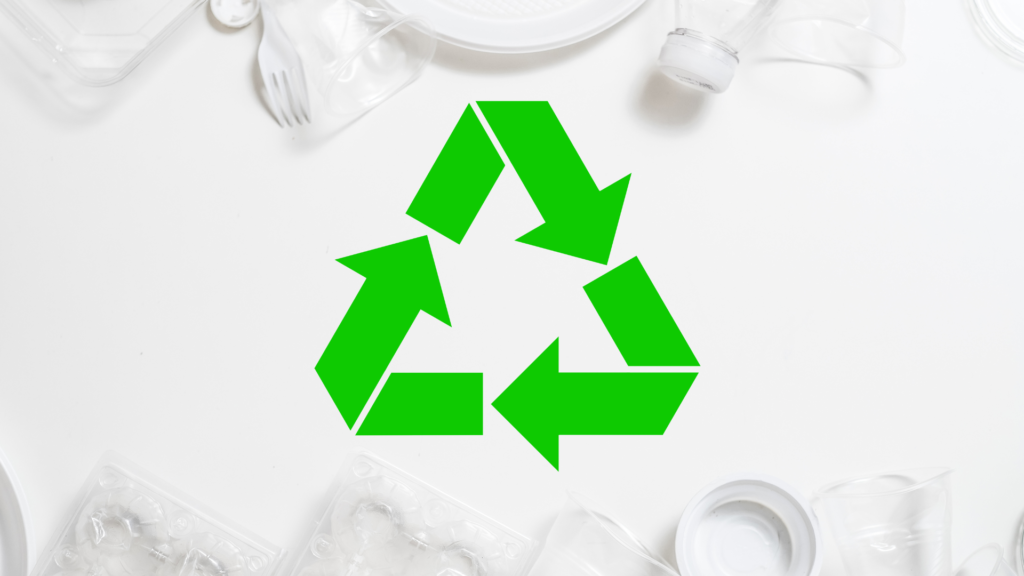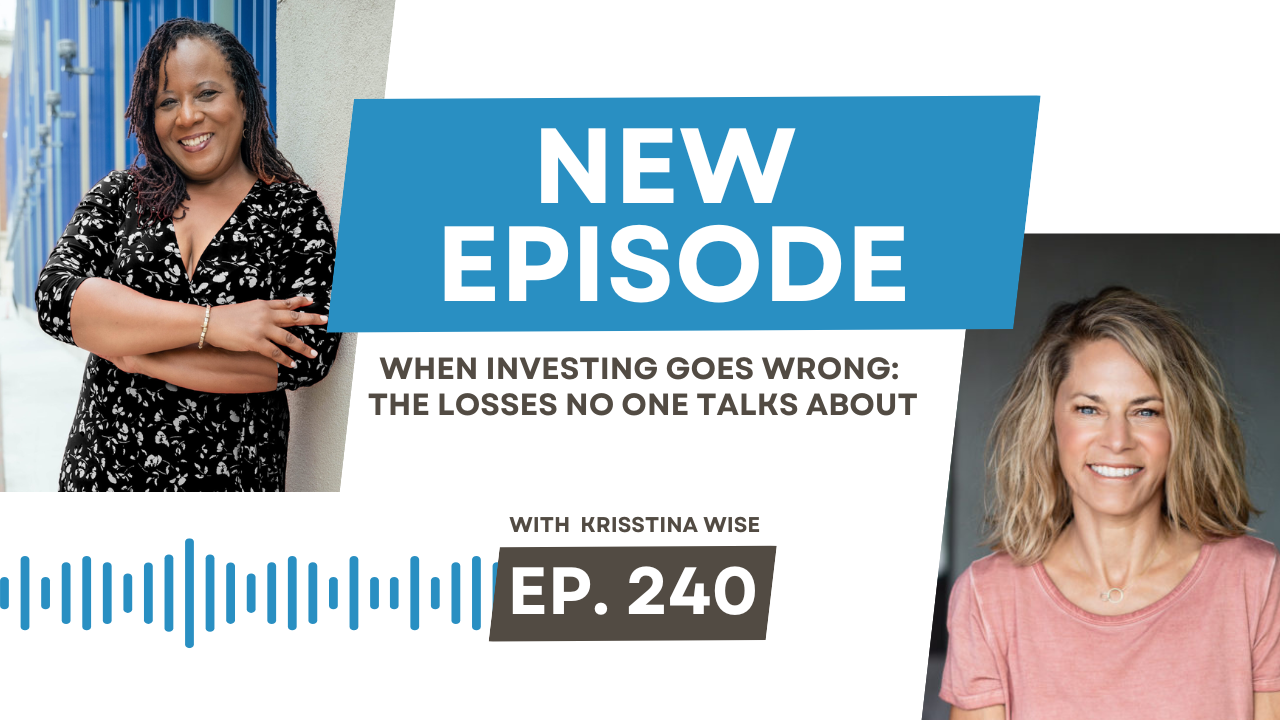Merging blockchain with recycling steers us towards a greener future, emphasizing environmental awareness. In a recent podcast episode, Eric Schaffner highlights this as a pivotal shift in waste management. Integrating blockchain’s security and transparency initially brings traceability and accountability to recycling. Furthermore, by offering rewards, this approach makes recycling more engaging and thus motivates greater participation. Consequently, it ensures a more efficient and transparent recycling process. Ultimately, this innovative blend not only enhances waste management but also significantly nurtures a more eco-responsible society.

-
A New Dawn in Waste Management
Blockchain technology, now a key player in recycling, introduces an unprecedented level of transparency, security, and efficiency to waste management. Importantly, it enables the accurate tracking and verification of every step in the recycling process, from collection to processing. This capability ensures the proper handling of recyclables and introduces new levels of accountability. Additionally, blockchain’s reward systems incentivize greater participation in recycling from both individuals and organizations, thereby enhancing environmental sustainability. Overall, this transition signifies a new era where technology plays a crucial role in bolstering ecological responsibility.
-
Incentivizing Green Behavior
Blockchain integration in recycling incentivizes eco-friendly behaviors significantly. Tokenization allows individuals to earn digital tokens for recycling. This approach makes recycling engaging and rewarding, encouraging more participation. The reward system enhances environmental stewardship’s appeal and effectiveness. Ultimately, this method boosts recycling rates and fosters a culture of environmental responsibility and sustainable living.
-
Advantages Over Traditional Methods
Blockchain technology notably outperforms traditional recycling methods, offering detailed and accurate tracking of materials. This system crucially ensures transparency throughout the entire process, from collection to final processing, significantly playing a key role in minimizing contamination. It enables precise monitoring and sorting, thereby increasing the chances of proper and efficient recycling. Consequently, by enhancing both accuracy and reliability, blockchain renders recycling programs more sustainable and eco-friendly.

-
Reducing Costs and Improving Quality
Integrating blockchain into recycling initially reduces operational costs and simultaneously enhances the quality of recycled materials. This technology significantly automates many stages of recycling, effectively lowering labor costs by minimizing the need for manual work. Moreover, blockchain’s accurate tracking ensures the purity of recyclables, thus leading to higher-quality materials. Consequently, this enhanced efficiency and quality control render the recycling process more cost-effective, yielding economic and environmental benefits.
-
Challenges and Future Directions
Implementing blockchain in recycling presents challenges like its complexity and the need for broad adoption. Efforts should focus on simplifying blockchain for everyday use, enhancing accessibility and user-friendliness. Crucially, fostering collaborations across sectors is essential to increase blockchain’s reach and effectiveness. These steps are key to fully utilizing blockchain in recycling and environmental sustainability.
-
Embracing a Sustainable Future
Blockchain integration in recycling signifies more than just an improvement in waste management; it heralds a cultural shift. Importantly, this technology fosters a society that actively values and rewards sustainability. Additionally, embracing blockchain in recycling addresses environmental issues and lays the groundwork for a sustainable future. This cultural shift is fundamental for achieving long-term environmental health and sustainability.
Blockchain technology’s entry into recycling is a transformative move towards responsible, efficient waste management. Embracing this approach, we can advance significantly towards sustainability, ensuring a healthier planet for future generations.






